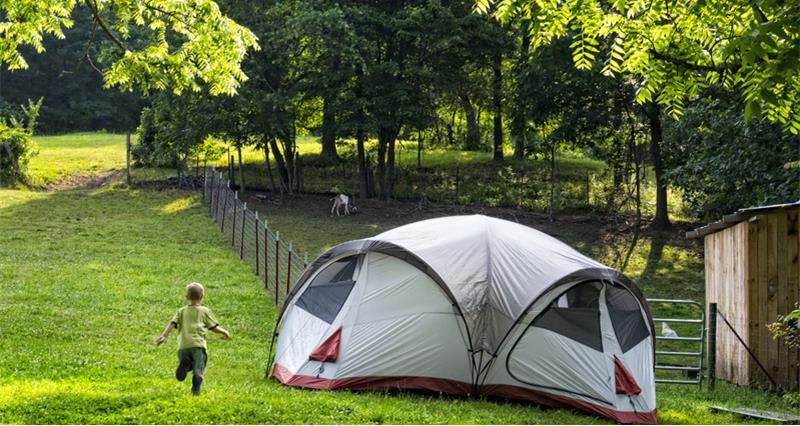Temporary campsites
»ĘĽŇ»ŞČËresponded to the consultation by saying that there should be an increase in the number of pitches made available under permitted development and the length of time that applicants are allowed to operate them without planning permission.
Though in support of the proposals, the NFU sought to keep protected landscapes and areas from the newly permitted development rights. The government has stated that protected areas will not benefit from the new right, such as SSSIs (sites of special scientific interests) and historic assets, as unrestricted recreational campsites could harm other operations on neighbouring fields or damage assets that are seen as important by communities and local people.
»ĘĽŇ»ŞČËdid not comment on the inclusion or exclusion of caravans from the new permitted development right. The government have decided to exclude caravans from the new right to protect visual impacts and to reduce the potential increase in road congestion.
»ĘĽŇ»ŞČËalso commented that any new permitted development expansion should include more than the placing of just tents. The government has announced that moveable toilets, campervans, and motorhomes will also be allowed under the new permitted development right.
»ĘĽŇ»ŞČËsought the maximum consulted-on period of 60 days per calendar year, which has now been included in the new permitted development right. »ĘĽŇ»ŞČËsought this as it allows the maximum economic benefit to be realised by the new permitted development right.
»ĘĽŇ»ŞČËhad previously stated that a maximum of 30 pitches was the preferred option to minimise negatives from the new permitted development right, especially visually. The government has announced an increase to 50 pitches, which will offer a high amount of economic benefit, but may lead to the spoiling of some landscapes. Local authorities will put Article 4 Directions (designations to remove permitted development rights) where they see a threat from the new permitted development right.
Overall the NFU was highly supportive of the proposals, which have now been set in legislation and policy and will enable landowners to properly utilise their land and diversify their operations. An important factor in supporting farmers in an ever-difficult landscape.
Solar power
Overall, the NFU welcomes the proposed amending of limitations on Permitted Development to support the use of solar power in both domestic and non-domestic settings, especially the proposed new Permitted Development right for solar canopies up to 4m high, for off-street covered vehicle parking in non-domestic settings such as farmyard hard standing.
We believe the urgency of action on climate change necessitates the removal of existing barriers under the majority of circumstances where appropriate mitigation measures would result in a less than significant impact on the surrounding area.
We will inform NFU members as soon the proposed changes come into force (the Government will make changes to the Town and Country Planning (General Permitted Development) (England) Order 2015, as amended, when parliamentary time allows.

